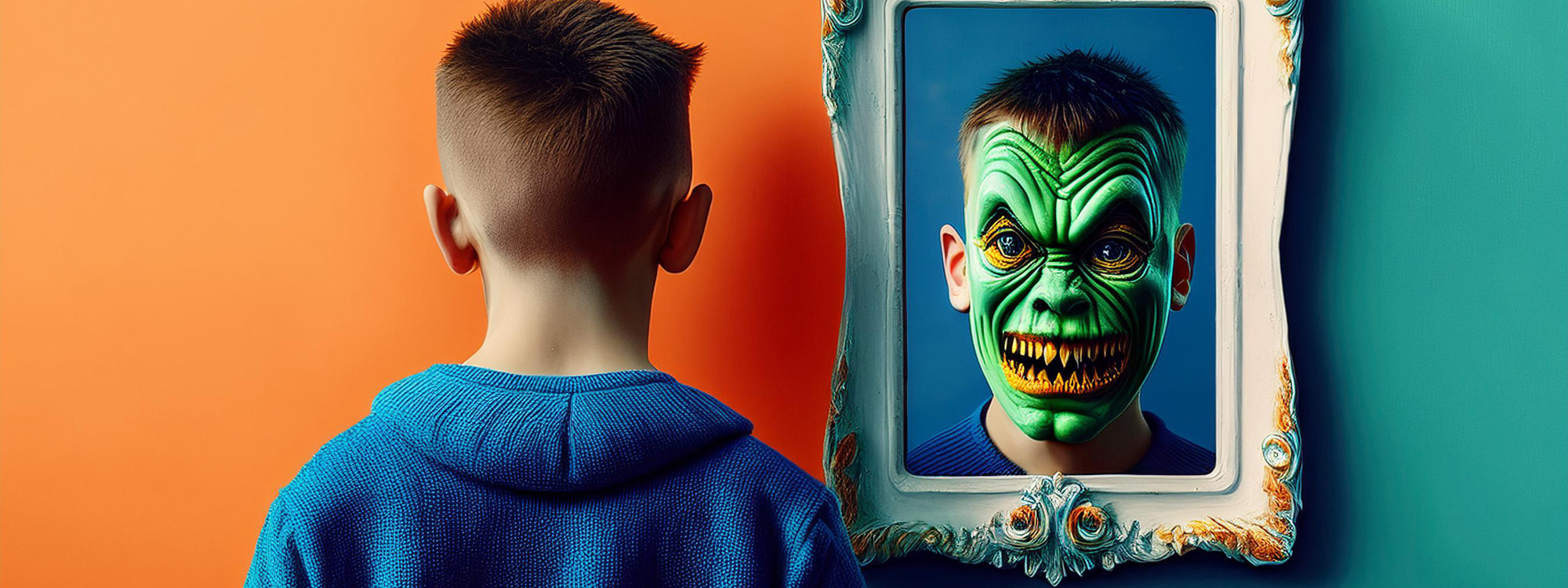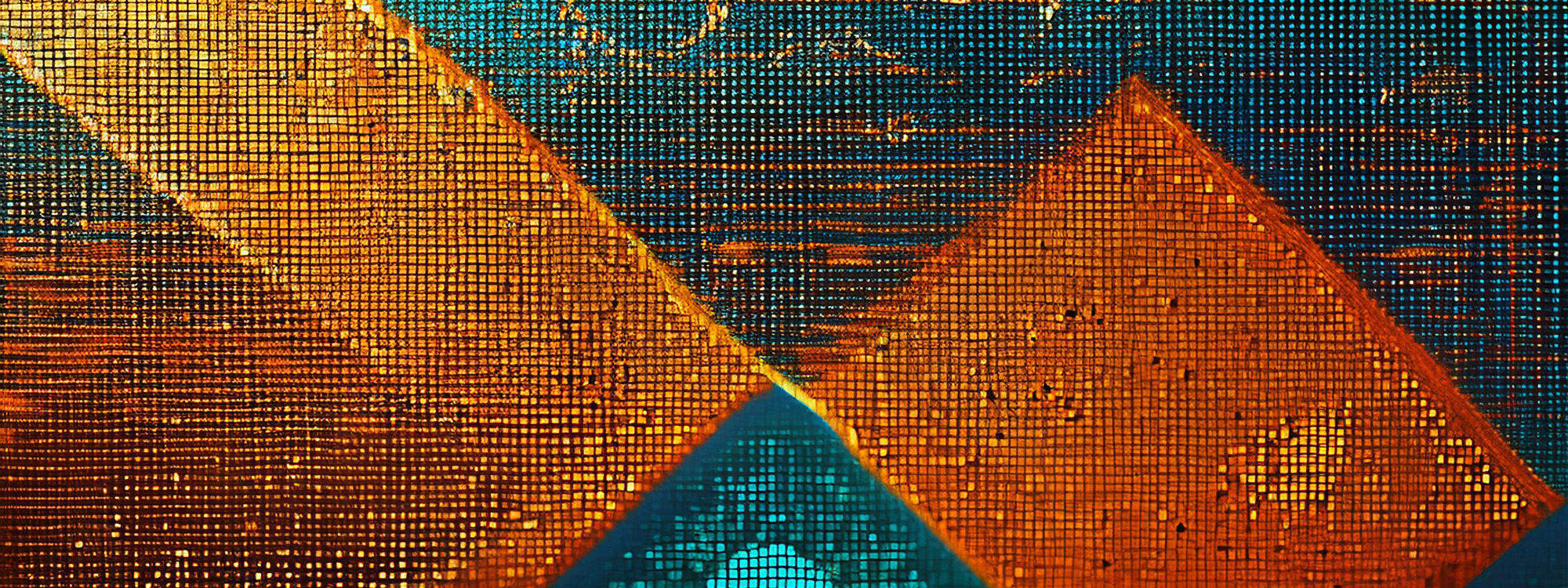| |
Pedophiles go through the same developmental processes as anyone else, and are aware of what they're attracted to by the same age your average heterosexual. It is usually acknowledged that we discover our sexual interests as we approach puberty and hormones start to run amok inside our bodies. This is a process that can start at varying ages for different children, but generally between the ages of ten and fourteen for most kids — sometimes earlier, sometimes later. For girls it's usually in the 10–12 age range and for boys more in the 12–14 range. It is not unheard of for kids in these age ranges to identify as something other than heterosexual.
The story of Braeden Lange, a 12 year old lacrosse player from the Philadelphia suburbs who came out. Initially it was a struggle that led to talk of suicide. However, through a friendship developed with Andrew Goldstein, former Dartmouth College All American goalie and first openly gay man drafted into a professional sport, as well as the support of his family and the lacrosse community, Braeden came out stronger on the other side and wants to help other kids and adults who may be struggling like he did.
It is natural for kids to figure out what kind of individuals it is they're attracted to, and in this day and age, not even come out of the closet as much as never go into it to begin with. I realize LGB children still face some level of stigma even in our modern society and may well have to deal with living in the closet for a while, but things have certainly become easier — if not entirely easy — for them in the last few decades.
Openly gay 11-year-old Marcel Neergaard and his father Mike talk about their experiences and efforts to make a difference. Marcel declared himself gay when he was 10 years old, and after experiencing severe bullying in fifth grade at Jefferson Middle School in Oak Ridge, he was home-schooled by his mom.
Still, many conservatives with anti-LGB beliefs will gasp at the idea of affirming a young child's non-heterosexual identity. However, very few people these days would support telling a young thirteen year old boy, for example, to be wary about identifying as gay because "you never know", "you're too young to be sure", "maybe you're confused" or "perhaps things will change as you grow up". It would imply that there's something wrong with being gay and that he should ‘not give up hope' of not being homosexual just yet, and that if somehow he says the words himself or identifies with the label it's going to cement his ‘concern' and he's somehow going to curse himself into being definitely gay.
No one would tell a fourteen year old girl that has crushes on boys her age "don't you think it's a little early to identify as heterosexual?" That's not to say there can't be aspects of one's sexuality one doesn't discover until later in life, and perhaps the boy that thought he was gay was in fact bisexual and years later he'll find a few girls attractive. Perhaps the girl that thought she was straight will one day find herself attracted to another girl.
However, when it comes to young teenagers identifying as minor attracted, many people are quick to express concerns over affirming such an identity at a young age. The reality, though, is that pedophiles go through the same developmental and hormonal processes as anyone else, and most often are very aware of what they're attracted to by the same age your average heterosexual or homosexual individual is. While I do not believe a formal scientific study has ever been conducted specifically on the age of onset of pedophilia, the data that we have — coming from polls in two different online communities for non-offending pedophiles — show us that between 20% and 30% of pedophiles are aware of their attraction to children before they turn thirteen, and approximately another 40–50% by the age of fifteen which means that about 70% are well aware of their sexuality by the age of fifteen. This really shouldn't be surprising. There's no reason to believe the development of pedophilic sexual feelings is any different than the development of any other sexuality. People not discovering their attractions to children until much later can easily be attributed to things such as stigma, shame, denial, self-delusion, or a non-exclusive attraction to children and they have simply been able to subconsciously bury those feelings until something makes them come to the realization...
With this in mind, what do you tell a young teenage boy or girl who reaches out for support because they are sexually attracted to (much) younger children? You must be confused? You're too young to be sure? Maybe it'll change in the future...? There are some special considerations for pedophilia that are different than for other sexualities, I'll admit. Not in vain the DSM-5 stipulates an age gap of at least five years between the individual and the subjects of attraction for a formal diagnosis of pedophilia, and a sustained attraction for a period of at least six months. In general, ‘normal' heterosexual and homosexual people aren't just attracted to people their exact age. It's perfectly normal to find people within a certain age range of your own attractive. It's even normal for kids to feel attraction to adults – picture your typical ‘hot' celebrity (actor, model, singer). Even though things change quickly between the ages of twelve and fourteen, if you're fourteen and the youngest person you are attracted to is twelve, then maybe it makes sense to consider that perhaps that doesn't necessarily make you a pedophile, and I would personally tell them so if I had to. Their attractions may very well continue aging with them as they grow up, and that would be fantastic. Trust me, I wouldn't wish being a pedophile on my worst enemy. However, if you're fourteen and you find four year old kids attractive, then odds are pretty high that you are indeed a pedophile. Odds are also pretty high that those attractions won't simply disappear with time, as evidenced by all those who answered those polls later as adults or in their late teens and recalled being aware of their pedophilia even before their early teens.
It's of course important to bring all these considerations to the table. To make them think and reflect about their feelings. To consider how much younger than them the kids they're attracted to are, and whether they have seen any variation in their age of attraction since they first became aware of their feelings. Have they been keeping up with their growth? Sometimes it may be appropriate to tell them to wait and see, but not necessarily as a general rule. Of course if they have any sexual interest in people their own age I will encourage them to try to focus their thoughts on those, if only to make life more bearable and help them realize they have a chance at a relationship with someone that is available to them, but I'd be hard pressed to tell them anything that would sell them false hope, that could make them think that perhaps in a couple years their feelings for younger children will simply evaporate. I wish it were that simple. I wish I could just tell them "don't worry, you're young, don't make this your identity and in a couple of years you'll be ‘normal'", but it just doesn't work that way. Simply not identifying with a label won't alter their psychosexual makeup.
Even before I was fourteen I already knew I liked other boys, but it was mostly boys my own age or only slightly younger. By the time I was fourteen I started to realize the boys I liked hadn't quite grown up with me, and the vast majority of those I found attractive were starting to be significantly younger than myself. I kept hoping it was just a phase, that I was ‘just gay', but by the time I was sixteen I knew beyond the shadow of any doubt. Throughout this whole process there was no one there to ‘affirm' my identify as a gay boy first, and as a pedophile later, because I never talked to anyone about these feelings until I was almost in my forties. I never even labeled myself a pedophile until that time, but that didn't make me any less of one and it didn't change my inherent sexuality in any way.
What identifying with a label — whatever label they choose — can offer these young people is a sense of community, a feeling of not being alone in the world, of not being ‘freaks'. It is a first step towards coming to terms with and accepting something that they will have to learn to live with their entire lives, and they're just barely starting to realize and deal with. The sooner they start to accept it the sooner they will achieve some semblance of peace.
So, what should we tell young teenagers that come to us saying they're sexually attracted to prepubescent children? Very simple. We should tell them that they're worthy of love and belonging, of respect, that they have human dignity — and rights — that they're not monsters, scum, trash or evil, that they're not destined to sexually abuse a child when they grow up, or end up in jail for consuming child pornography. We should tell them that they can live a happy and fulfilling life, accepting their attractions as an integral part of themselves, but a part that doesn't define them, let alone their actions. We should tell them they're accepted, not judged, not hated for something they had no say in, and that those that don't accept them, that judge or hate them do so out of ignorance. We should tell them that, if they feel like they need it, they can come out to loved ones — parents, siblings, close friends — and experience unconditional love and full acceptance, even if it's something that must be done with extreme caution. We should also tell them that it's possible for them to find an understanding, non-judgmental, caring professional if they feel like they need help coping with that it means to be attracted to children in terms of future life prospects, or if they need help building up self-confidence in their ability to live their lives without offending against a child.In summary, we should tell them that they're worthy human beings, that they're not alone and that... it gets better.
NOTE: All the messages displayed in this article were sent via the contact form of the Virtuous Pedophiles website. However, VirPed does not accept members under the age of 18. Thankfully, other anti-contact communities exist where these people can access resources and peer-support in order to help them cope with their feelings of attraction to children and everything they entail, and where they can connect with other pedophiles committed on never acting on their attractions in ways that would bring any harm to children, either directly or indirectly.
About the author: Ender was a moderator of the VirPed forum for some years, and also the founder of MAP Support Club. He has now retired from ‘maptivism’, having chosen to focus on family and the rest of a viable life. | |






 crackle and burn
crackle and burn the psychopath whisperer by kent kiehl
the psychopath whisperer by kent kiehl the iwf: what are the viewers thinking?
the iwf: what are the viewers thinking?